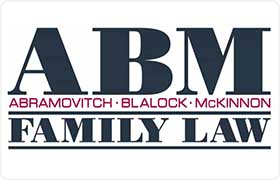Hazel Crest Adoption Lawyers, Illinois
Sponsored Law Firm
-
 x
x

Click For More Info:
-
Abramovitch Blalock McKinnon, LLC
120 North LaSalle Street Suite 1030 Chicago, IL 60602» view mapDivorce & Family Law Guiding You Through The Toughest Times
When dealing with complex legal matters that involve your family, it’s crucial to seek counsel from a dedicated, dependable Chicago divorce lawyer.
800-609-2870
Sponsored Lawyers
1-10 of 11 matches
15255 S. 94th Ave.
Orland Park, IL 60462
Divorce & Family Law, Wills & Probate, Family Law, Landlord-Tenant, Adoption
James Siwek is a practicing lawyer in the state of Illinois who handles Family and Estate cases.
(more)
Contract, Adoption, Divorce, Communication & Media Law, Energy
Family Law, Divorce, Adoption, Divorce & Family Law
Divorce & Family Law, Adoption, Divorce, Family Law
Children's Rights, Adoption, Child Support, Alimony & Spousal Support, Family Law
Divorce & Family Law, Adoption, Child Custody, Divorce



 Tina Abramovitch Chicago, IL
Tina Abramovitch Chicago, IL

